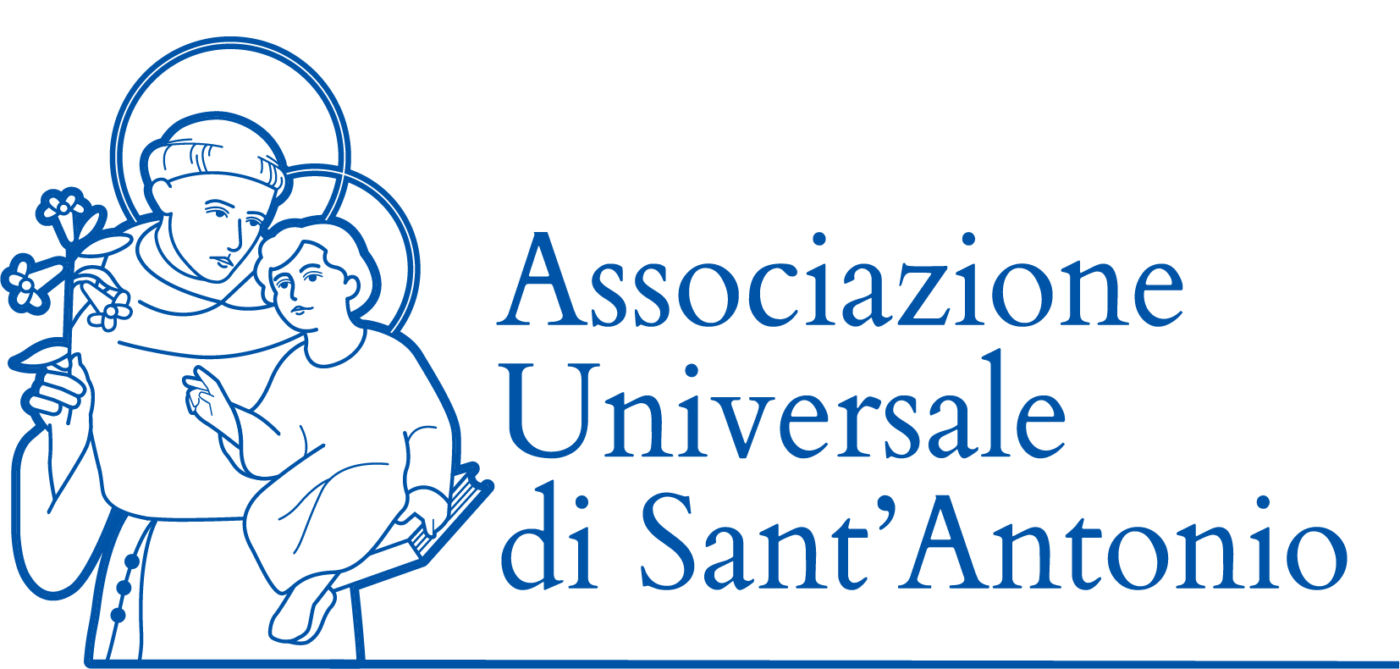December is a period of reflection and expectation for some, for others it is a period of hard work and stress because Christmas shopping is approaching and work time requires more presence, for others it is a period of relaxation and detachment from occupations. Although in different conditions, this period can become a real opportunity not to be wasted, to strengthen soul and body.
How? you may wonder. Starting to carve out small spaces, even a few minutes a day, that help us to rediscover the dimension of silence and inner reflection. Several scientific researches bring us concrete data, among which the study of Andrew B. Newberg (Philadelphia, 1966), an American neuroscientist who, at the beginning of the 1990s, began his analysis of the interactions between the brain and religious and spiritual experiences.
This work is often referred to as “neurotheology” or spiritual neuroscience and represents the study of the correlation between the phenomenon of subjective perception of spirituality and the biochemical function of the human brain. Newberg described the possible neurophysiological mechanisms associated with religious and spiritual experiences. He then continued to study the religious and spiritual phenomenon including issues related to forgiveness, meditation, prayer, the development of spiritual morality and belief in general.
This work has recently been incorporated into a new Center for Spirituality and Mind at the University of Pennsylvania. The relaxation that comes from meditation but also from prayer, active some modifications in the body, regulates heart rate, blood pressure and strengthens the immune response. The awareness of remaining in the present through the state of peace that emerges from the inner reflection helps those who live this experience to better manage their emotionality, anxiety, depression, insomnia, impulsiveness and educates to stay in touch with themselves and with the surrounding world with greater gratitude because they are sure not to be “alone”.
Silence is a precious “space” that it would be nice to learn to conquer from an early age, so as to train our being to have “need to be in silence” to find the joy and the energy to fight there, where fatigue and suffering accompany us daily. A few years ago Paolo told me: “The experience of daily meditation early in the morning and in the evening gave me the strength and endurance to overcome an inner fatigue that made me feel sad, without motivation and with little desire to live; he allowed me to see life with new eyes. I was so down that I didn’t want to talk to others or do anything else.
One day a friend invited me to try together to make a simple relaxation, I accepted. She closed my eyes and invited me to focus my attention on my breathing and body, nothing more. From that moment on, every day I would take 5 minutes and do that exercise. After 10 days, I felt less worried, my energy began to slowly reactivate, I felt a slight fluttering of wings inside me and the desire to continue to seek in myself the strength and constancy of this experience, because I felt it was giving me a real benefit”. Paul’s experience helps us to understand that even if we are in a state of fatigue, prayer and meditation activate a situation of inner well-being. It is useful to be able to do it alone or in a group.
Giada is 66 years old. Before learning and experiencing the technique of meditation she felt muscle and joint tensions, the weight of the years had become for her a serious problem that led her to face everything with extreme heaviness and rejection of any form of change. One day her therapist proposed to guide her towards this new experience and without thinking too much about it Giada agreed.
After a couple of times she began to welcome with interest what she was experiencing and her attitude seemed less “rigid”. Relaxation and listening to her breathing gave her a greater awareness of her own corporeity, restoring her confidence and constancy towards the practice she was experiencing. Since then Giada has been telling other people about her experience, because she believes that a “corner” used for contact with oneself can help to regain inner peace and well-being.
Let us try to take advantage of this “waiting time”, not letting this period pass quickly, in the midst of the noise of consumerism and daily races, but adding a fundamental ingredient: inner reflection. So, good meditation to everyone one. If you like, write to the editorial staff to share your experience.
Alessandra Castellitti
psychologist and psychotherapist


 Italiano
Italiano Français
Français
